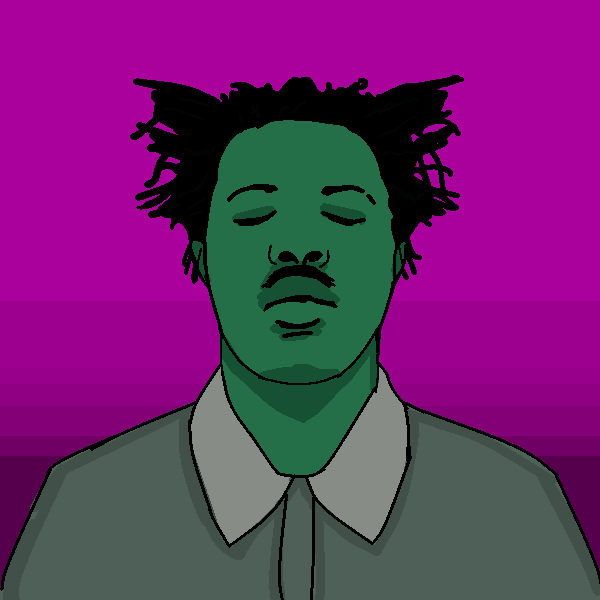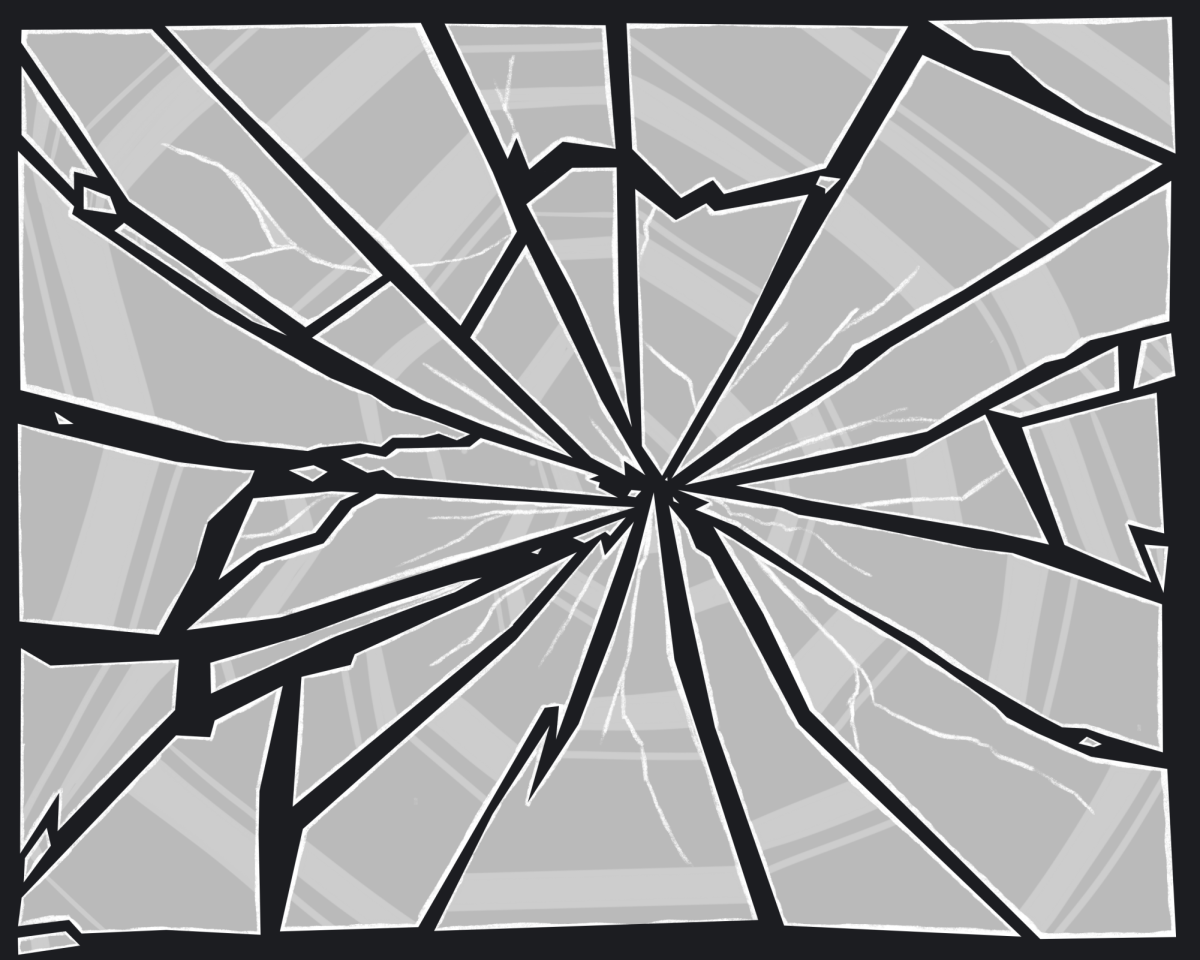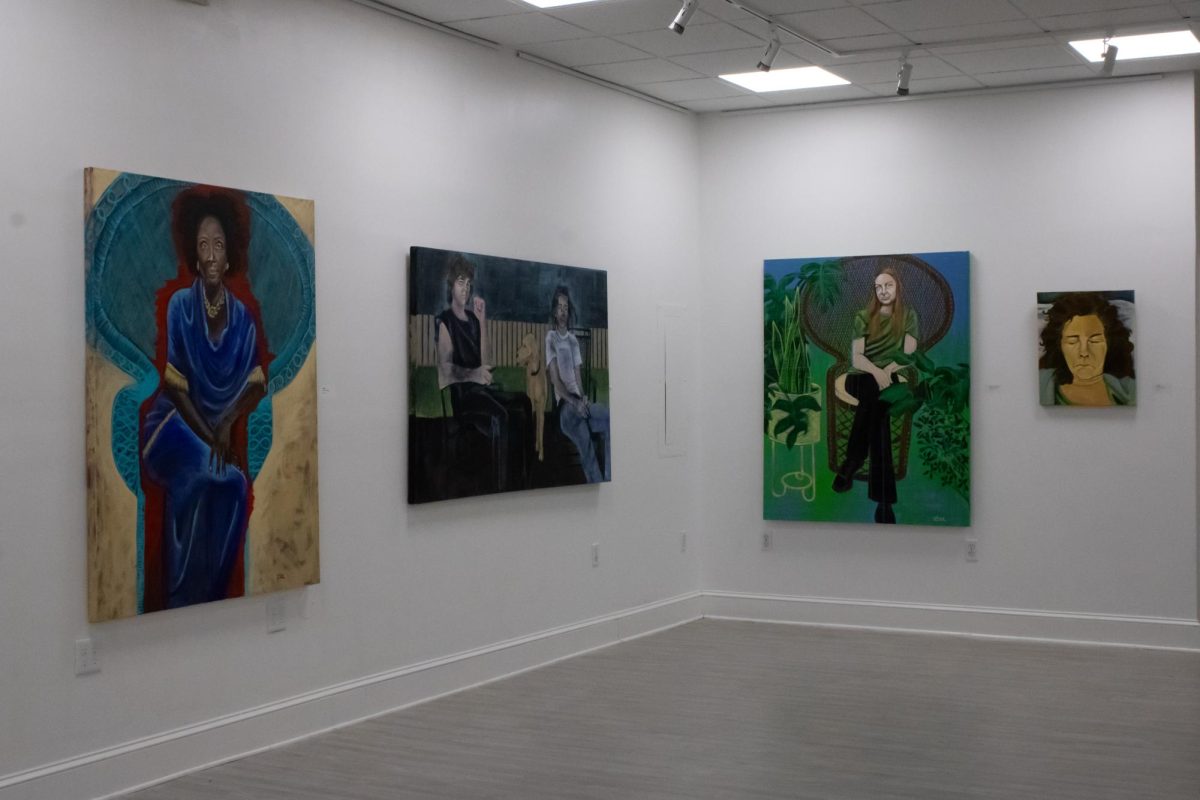Sampha has finally dropped his highly anticipated album, “Lahai.” Sampha has had a presence in the music industry going all the way back to 2011 with notable guest appearances, including a feature on Drake’s “Nothing Was The Same,”(Too Much).
The opening track, “Stereo Colour Cloud (Shaman’s Dream),” provides a great introduction to the album. Throughout the album, Sampha skillfully articulates a story delving into themes of time, relationships, and self-discovery without revealing too much.
Track 2, titled “Spirit 2.0,” I viewed as Sampha illustrating his current journey towards healing within his community with lyrics like “Spirit gon’ catch you, yeah. Faith will catch you. Friends will catch you.” Personally, I resonated with the lyric “Sun is out, but it feels cold,” as it perfectly captures the current weather in Florence.
Moving on to Track 3, “Dancing Circles,” it feels like a more personal expression from Sampha, where he grapples with letting something go. In my personal opinion, hearing the vulnerable side of an artist is crucial as it helps bridge the gap between the artist and the listener.
The next track, “Suspended,” has Sampha accelerating the lyrics, almost adopting a fast-paced spoken word style. While it’s not my personal favorite, its uniqueness is undeniable.
Track 6, “Johnathan L. Seagull,” draws a connection to the book of the same name, written by Richard Bach, telling a story about a seagull teaching itself to be extraordinary. The chorus highlights the theme of individual paths in life, emphasizing the acceptance of doing things in your own way.
“Inclination Compass (Tenderness),” Track 7, is beautifully written and carries more emotional weight than the preceding songs. It can be interpreted as an exploration of the natural urge to find guidance and foundation in life.
Track 8, titled “Only,” stands out with its amazing lyrics, beats, contextualization, and instrumentals.
Track 9, “Can’t Go Back,” maintains the album’s aesthetic of pushing forward even when faced with adversity. This beautifully written song includes background soundbites that add a thoughtful layer of contextualization.
Track 10, “Evidence,” features different instrumentals, offering a carefree and relaxing vibe with deep lyrics.
Track 11, “Wave Therapy,” is just a transition into the 12th song, “What if you Hypnotise me?”. The track signals the climax of the album. The song beautifully sets the final stage, where Sampha questions himself, almost in denial, featuring the album’s only guest appearance by Lea Sen, who holds her own on the song if I might add.
The final track, “Rose Tint,” has Sampha speaking on dissociation with himself, yet finding solace in the importance of creating connections with people.
Overall, the album is remarkable from top to bottom and I would recommend it anyone who appreciates introspective records. In conclusion, “Lahai” marks a massive improvement from Sampha’s first album, boasting a unique flow, catchy wordplay, and deep, relatable lyrics. This album stands out as Sampha’s most melodic work, representing a great step up from his previous album, “Process.”









